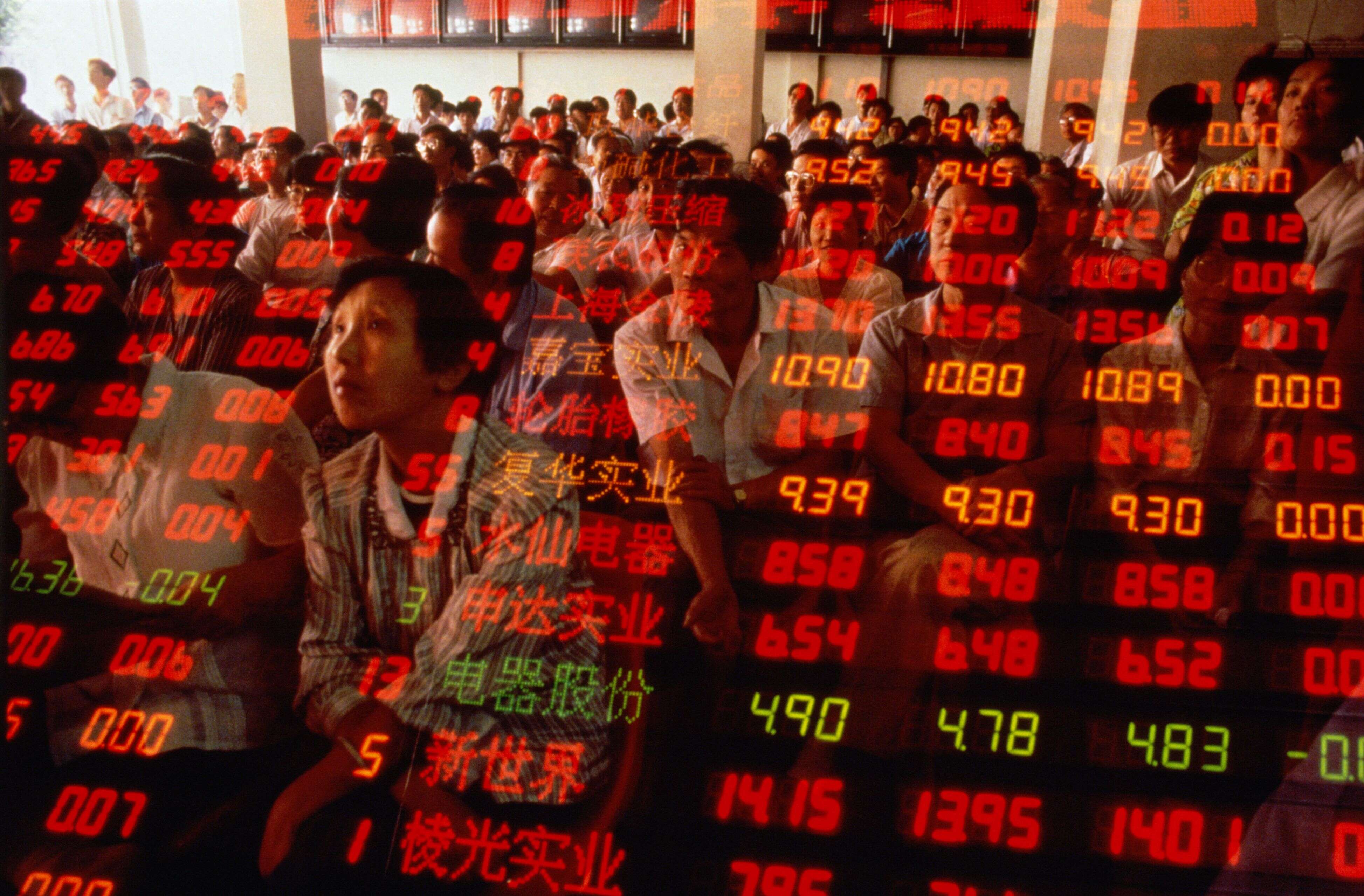The growing internationalization of Chinese equities and bonds means China is now “too big to ignore,” according to FTSE Russell managing director of Global Markets Research, Philip Lawlor.
FTSE Russell kicked off the first phase of its Chinese A-share inclusion on Monday, starting with its Emerging Index. The move sees 1,000 small, medium and large cap Chinese companies added to the index, representing initial net passive inflows of $10 billion of assets under management.
A second phase of inclusion is due in September with a third scheduled for March 2020. The total program is expected to add $260 billion to FTSE emerging market indexes, and Lawlor told CNBC’s “Squawk Box Europe” that China is “going to dominate emerging markets in the same way the U.S. dominates developed markets.”
China is too big to ignore and will dominate emerging markets, FTSE analyst says
U.S. Senator Marco Rubio recently followed President Donald Trump’s hardline trade war position on China, by writing to MSCI to request information on why it was increasing the weighting of Chinese company shares in its benchmarks.
Lawlor told CNBC that while FTSE Russell “might get a letter” from Rubio, the index provider “can look people in the eye and say this is not being driven by any external political pressure,” on account of its “objective, very systematic and transparent” approach to assessing the quality of markets.
FTSE Russell also has China on a watch list for possible inclusion into its World Government Bond Index (WBGI). While this is no guarantee of future promotion to the index, Lawlor said such an event would be “very big” for global investors “in terms of the sheer scale and exposure” the bonds would have, in combination with the A-share inclusion.
“China is going from being something people could be watching, but not feeling they have got to get involved, to a market you’ve got to get involved in because if you don’t, it could be very costly,” he added.
The Shanghai composite index is up more than 20% for the year to date despite ongoing uncertainty over the trade war between China and the U.S.








